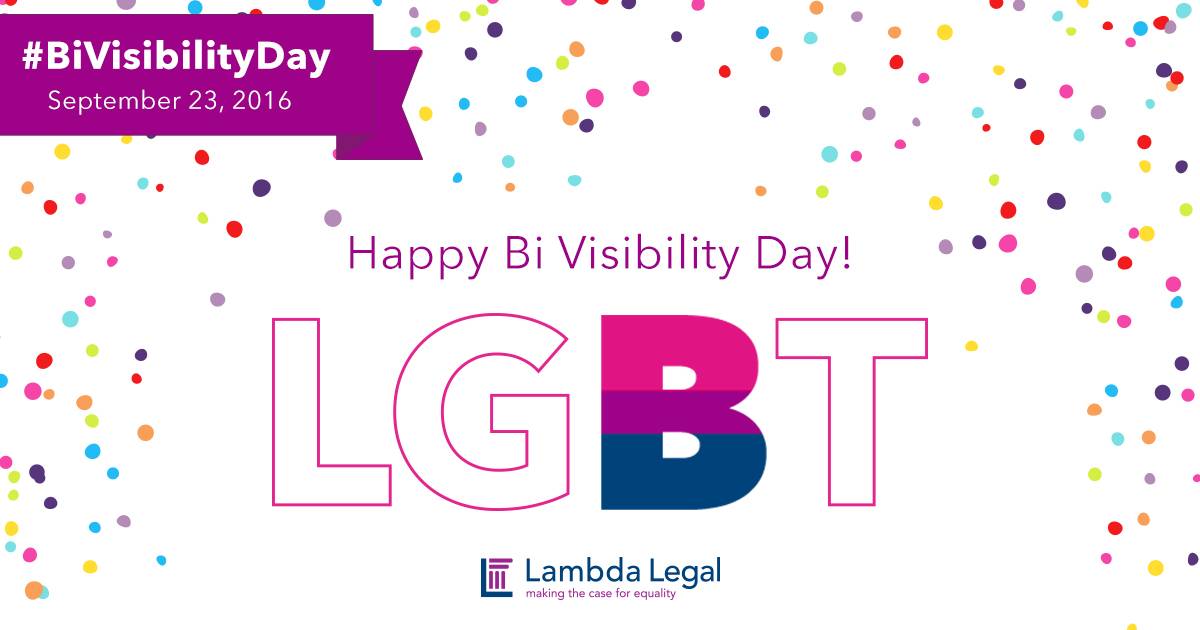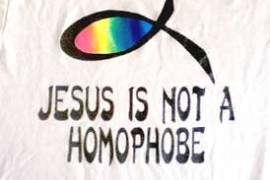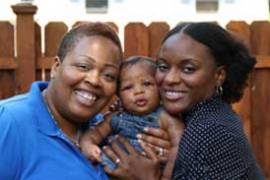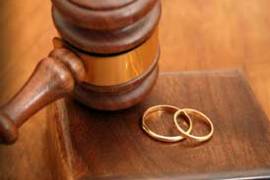Today, September 23, marks “Celebrate Bisexuality Day,” an international day of recognition celebrated annually.
In 2013, the White House first joined the annual recognition of bisexuals, convening bisexual advocates from across the country to address issues of importance specific to bisexuals.
Starting in 2014, the week surrounding Celebrate Bisexuality Day has been recognized as “Bisexuality Awareness Week” or #BiWeek. During this week, we pause to acknowledge the need for improved awareness of bisexuality, a valid sexual orientation that is too often misunderstood.
As more advances are made in the protection of LGBT people, it is important to acknowledge that bisexuals’ same-sex relationships are susceptible to discrimination and unfair treatment just as those of gays and lesbians.
Last month, a young bisexual woman and her mother were fatally stabbed and their bodies burnt in a suspected hate crime in Missouri; a neighbor of theirs who had targeted the bisexual woman for nine months with prolonged harassment and threats has been arrested.
Bisexuals constitute a significant part of society. Indeed, studies reveal that of the approximately nine million Americans who identify as gay, lesbian or bisexual, more than half are bisexual. In one study, 2% of men and 5.5% of women nationwide identified as bisexual, as compared to 1.3% of women and 1.9% of men who identify as gay or lesbian.
While the number of bisexuals is significant, so are the issues they face. Bisexuals in same-sex relationships suffer harassment just as gays and lesbians do, and bisexuals also face discrimination unique to bisexuality, such as being called confused, unstable, untrustworthy or promiscuous, because of their bisexual orientation. Driving these disparaging stereotypes is the imposition of false dichotomies to which bisexuals fail to conform.
Although there is a dearth of bisexual-specific research, available data indicates that bisexuals suffer a comparatively high rate of poverty, unemployment, violence and serious health problems. All these factors impair the ability of bisexuals to live full and healthy lives as equally respected members of society.
The lack of bisexual awareness was recently epitomized by a troubling federal court of appeals decision denying a bisexual immigrant’s petition for relief from a deportation order sending him back to Jamaica. Despite recent progress in the treatment of LGBT people in Jamaica, the man had good cause to fear persecution in his home country due to his bisexuality. When he lived in Jamaica, he had survived a series of violent attacks, including having his face slashed with a knife, suffering a stoning at the hands of fellow college students and being shot at, because of his sexual orientation.
Despite that evidence, Fuller lost his case after the immigration judge concluded that Fuller was not really bisexual because of past romantic and sexual interactions with women, including a marriage.
Expressing skepticism about Fuller’s fear of persecution for being bisexual, the immigration judge rejected seven letters Fuller provided attesting to his bisexuality, including two from ex-boyfriends. On appeal, the immigration judge’s ruling was affirmed, much to the consternation of Judge Richard Posner, who, in dissent, scathingly charged, “The weakest part of the immigration judge’s opinion is its conclusion that Fuller is not bisexual, a conclusion premised on the fact that he’s had sexual relations with women (including a marriage). Apparently the immigration judge does not know the meaning of bisexual.”
In another recent case, with a happier ending, a bisexual immigrant was granted asylum...after an eight-year wait. When living in Russia, he had been physically attacked on numerous occasions and had his life threatened when his community perceived him as gay.
These cases illustrate how misunderstandings about bisexuality can have severe, even life or death, repercussions.
Bisexuals face unique legal hurdles beyond the context of hate crimes and asylum denials. Bisexual stigmatization has been documented, for example, in employment cases, and in custody disputes in which bisexual parents risk losing their children due to bisexual stigmatization. These cases underscore the importance of acknowledging that bisexual people exist, that bisexuality is a valid sexual orientation and that the issues facing bisexuals deserve serious attention.
Until bisexual awareness is improved, and bisexuals are treated as equally respected members of society, the celebration of Celebrate Bisexuality Day will remain tinged with the troubling reminders of the dangerous discrimination that many bisexuals continue to face.
For more information or if you feel you have been discriminated against on the basis of your sexual orientation, contact Lambda Legal’s Help Desk.





